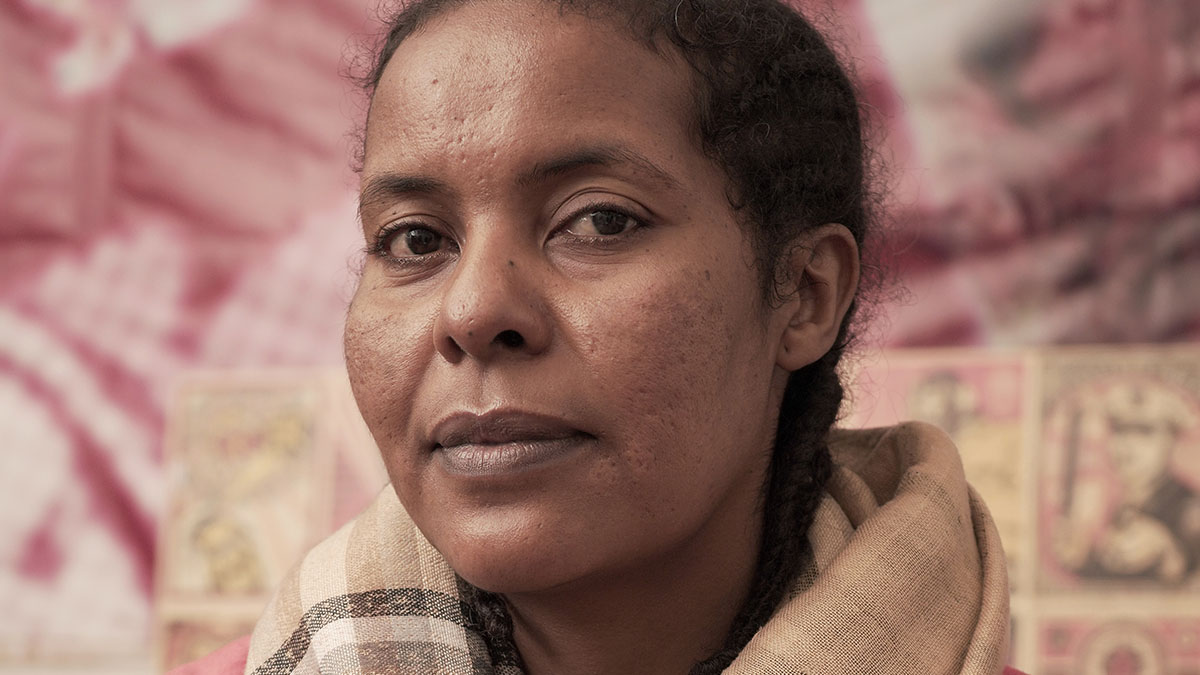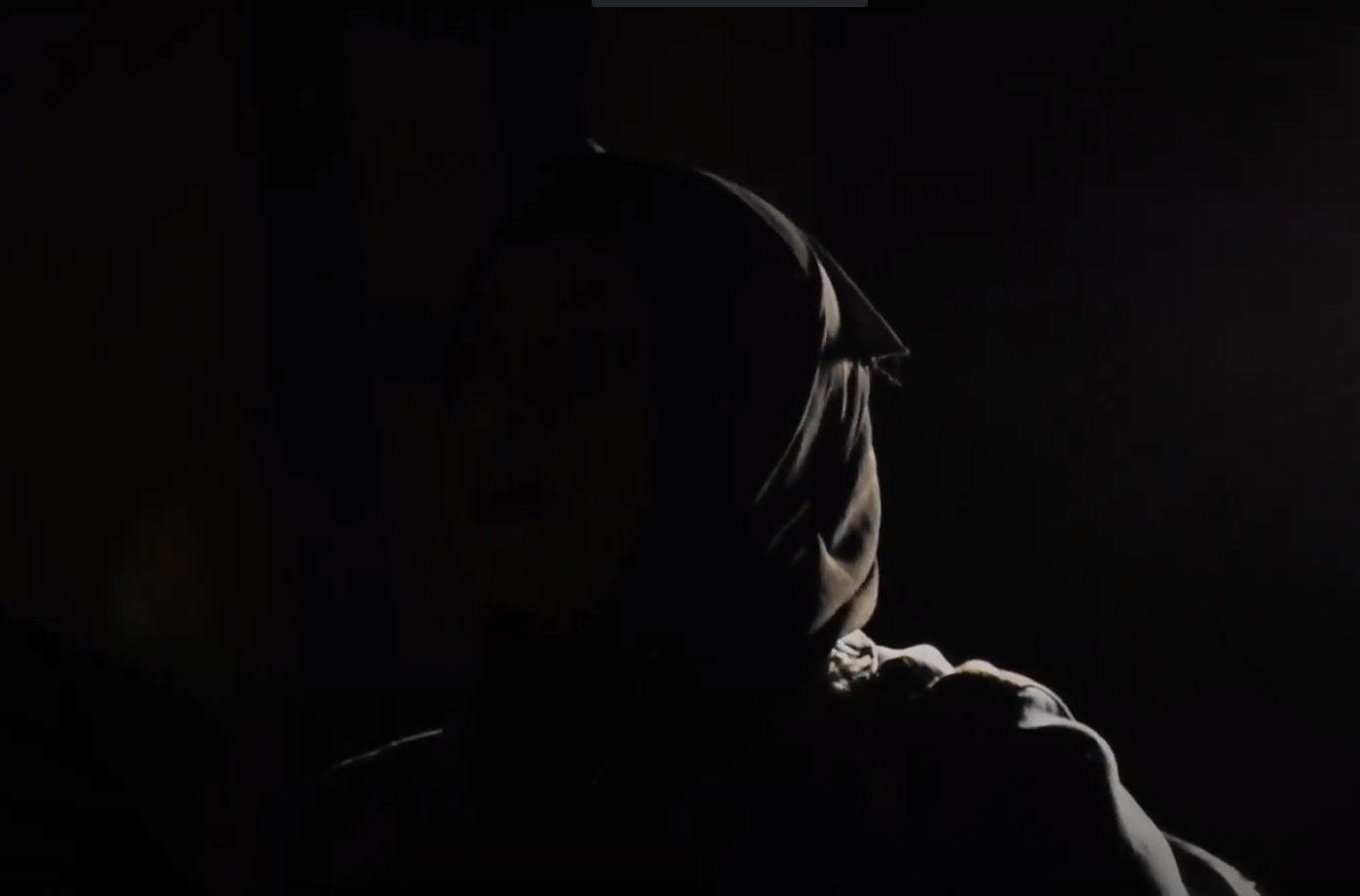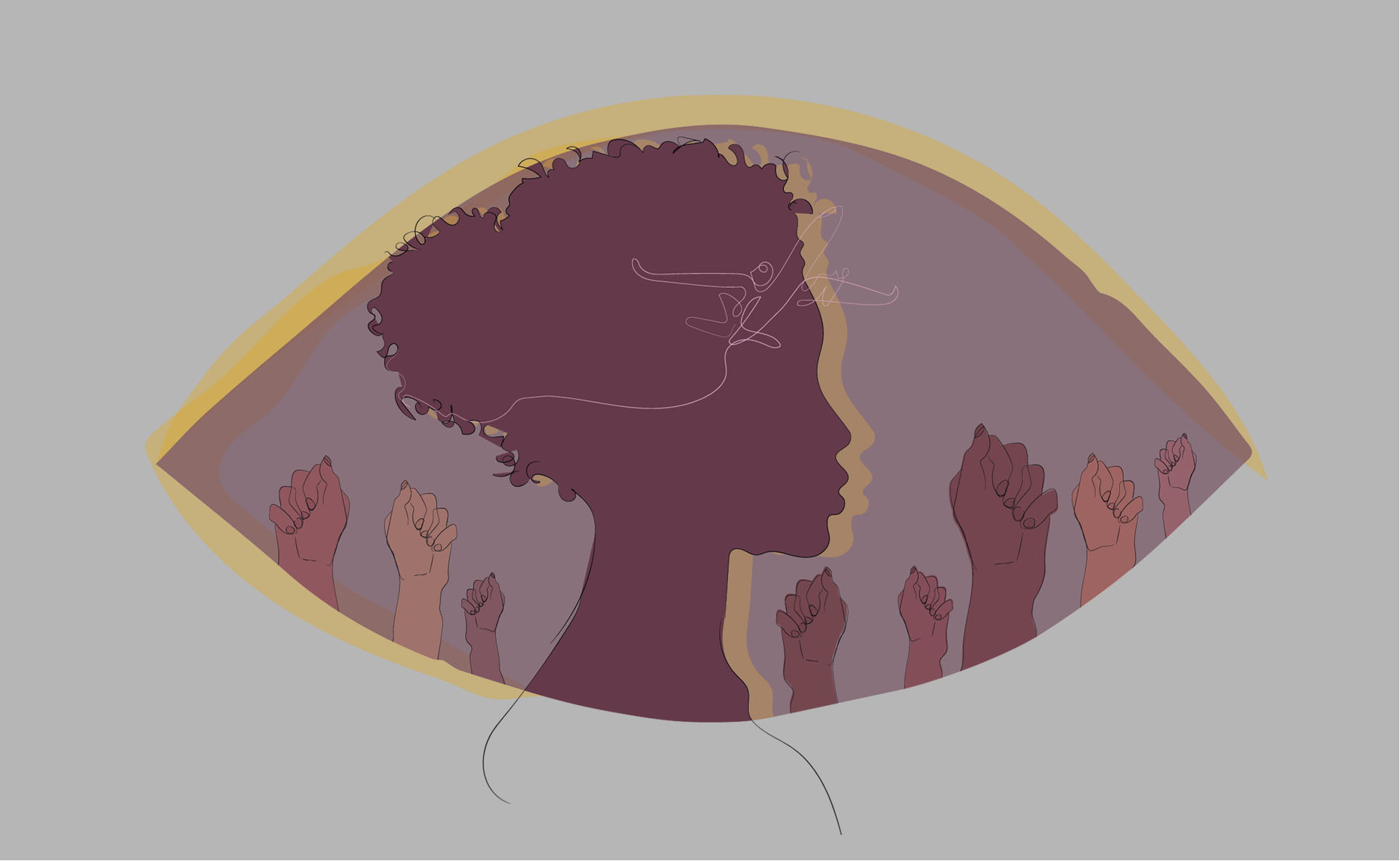Being “Stateless” is not just a matter of a missing document as many people think. It’s not only about not having an identity card to which you can present to show who you are. It’s a lot more than that. I have suffered a great deal in my life and in my career because of it.
Whether I want to get married, seek treatment, hospitalization, or apply for a job, an identity card is always required. I wanted to do anything in my power to find a way out of this situation, knowing that it was affecting my life in every sense.
I used to have a lot of fights with my parents about it, and it even affected my relationship with my friends who used to sometimes jokingly ask me about my ID and where I came from, which hurt me a lot. I ended up having a lot of fights with my father about it.
I couldn’t handle it anymore, so my sister and I decided to find a solution. We went to the Governorate office (the local Serail) and inquired about what we could do in order to find a job or something. They led us to a mayor who handled such cases of stateless people and told us that he could issue for us whatever formality or document we needed.
He said he would help us issue a passport. Then, he gave us an application form to fill. We went back to the governorate office where they gave us many complicated application forms, and asked us to provide two witnesses over 40 years of age. They were very hard to find, because whenever we asked someone to be our witness, they would refuse because they were old and couldn’t bear to go at 6 am to give a testimony.
At the end, my grandfather and my uncle agreed to be our witnesses. Shortly after giving their testimonies, my uncle was arrested, so his testimony – and with it, my application – was rejected. Therefore, I had to search for new witnesses, and I decided to choose witnesses who worked in the public sector, so that nothing would hinder the approval of my application.
I applied for my passport in 2016-2017 but I had to wait until 2019, until I met someone who helped facilitate my application. I told him about my particular case, and fortunately, he had his personal connections. It took him five minutes to finish the work I had suffered for three years to try to accomplish.
I submitted everything required, and the only thing left was to wait for the decision to be issued from Beirut. Previously, my plan was to travel to Turkey where I could stay at a friend’s house, knowing that I only had a small amount of money (around 2 or 3 million Lebanese pounds – 2000$ at the time), which could cover my expenses in Turkey for almost 2 months. However, when it took me more than three years to obtain the passport, my plan was ruined. My friend was no longer in Turkey to help me stay at his place until I found a job and a new source of income. Accordingly, I would have to pay for a room, and at the same time, the revolution in Lebanon had already begun and the US dollar exchange rate was quickly rising. The three million Lebanese pounds were no longer enough for an airplane ticket and traveling was not an option anymore.
I started working as a porter in a shop for cleaning products. Later, I met a language teacher, who used to travel a lot. He offered me help, but I told him I was not able to pay him anything since my salary was only 500,000 pounds, which were barely enough to feed myself. He told me he would help me learn a new language and travel. I didn’t think much of it, but, nevertheless, I started learning the language with him and did my best to acquire some knowledge. Sometime later, he asked me to choose a name that I liked and I gave him the name of an actor in a TV series. Soon, I found out that this was the name to be used on the fake passport that I could use to travel abroad. He explained to me that we were going to travel by sea and work for 3 to 6 months – maybe even a year – on the ship instead of paying money for the trip. This meant that these people could give me orders for a period of time, even if they weren’t a mafia (which was still vague for me).
I agreed, but I wanted someone familiar to accompany me. I told my cousin about it and he also agreed to go with me. We started learning language and chose names for our fake passports. And by the way, we paid only two hundred thousand Lebanese pounds for the fake passport, which is ironically weird because some people pay 1000 or 2000 dollars for fake passports. It wasn’t very convincing, and we started doubting their intentions, I mean why would they help us travel to Italy for 200,000 LBP?! No one is capable of doing that, not even the President of the Republic.
I started having nightmares about it as the date of my departure approached. I was scared and worried about my mother who grew concerned about my behavior and noticed that I’m constantly accompanying my cousin. It was as if she had a feeling that I was doing something wrong. So, I told my mother about my plan, and she didn’t take it very well. She was worried that the ship owners might be some kind of a gang or a Mafia, but I had one answer: “Is this even a life, in this country?” I believed I was surviving and breathing but not living, especially that I lived in Bab al-Tabbaneh, with poverty, which had a huge impact on my life.
Finally, my parents urged me not to travel, so I stayed.
I had an Australian cousin. I talked to her and got to know her better until she came to Lebanon and we got engaged. I wasn’t really happy with this engagement, but at the same time, I didn’t want to marry someone from my own country and have stateless children. I knew if I married a foreigner, my children would acquire their mother’s nationality and wouldn’t have to suffer the same fate as mine because I consider it a crime to knowingly do this to one’s children. I still blame my own father for it.
We got engaged, but after a while, things went sour and we had family disputes which led to our breakup a year after the engagement.
Today, here I am, still waiting for a single thread of hope to hold on to.

























